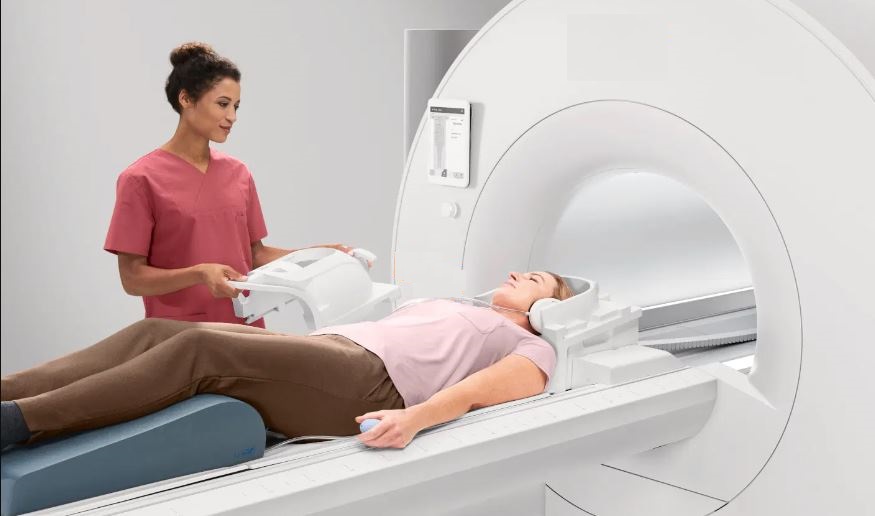27 February, 2025
Reproductive health depends heavily on sperm donation, which provides conception possibilities to those who struggle with natural fertility. When a healthy man chooses to donate sperm in exchange for payment, he partakes in paid sperm donation. Those who want to form a family find great satisfaction through this donation system, which offers monetary benefits to donors.
The global need for sperm donation has increased because people know more and medical technology has improved and social attitudes have evolved. Victims of reproductive issues together with gay couples and single mothers find compensated sperm donation to help them start families. The method enables qualified people to obtain safe donor sperm from healthy donors through a structured and controlled system.
Sperm donation serves as an altruistic act to help people accomplish their family’s goals through the monetary compensation system. The procedure requires sperm donors to pass through demanding medical requirements which ensure safety and quality of the provided sperm. Compensated sperm donation requires an examination of its necessary procedures together with the requirements for qualification.
The sperm donation procedure is meticulously designed to uphold the greatest standards of quality, donor confidentiality, and medical safety. This is a detailed explanation of how compensated sperm donation operates:
Sperm donation becomes possible when donors satisfy predetermined requirements for approval. Usually, these consist of:
The majority of sperm donors belong to an age group which spans from eighteen to thirty-nine.
The candidate’s physical and mental well-being is verified through broad medical tests.
Donors need to maintain a healthy lifestyle by avoiding both drug dependence and smoking and alcohol consumption in large amounts.
A comprehensive evaluation of donor heredity enables doctors to predict which diseases might run in the family.
Before accepting sperm donations blood tests and genetic screening and semen analysis are needed to examine sperm count and cell motion as well as the cellular structure. Compensated sperm donation constitutes the second stage and becomes accessible only to donors who successfully finish all the required difficult assessments.
Recipients of accepted donor donations must review detailed contracts that establish obligations and legal rights. These agreements include the following terms:
The donors can select to show their identity to the world or to remain unknown in some specific scenarios.
Sperm donors surrender their entire parental authority and duty when they give sperm to conceive children.
A specific set of rules exists to determine the monetary compensation which donors receive for paid sperm donation.
Such legal safeguards protect the moral and smooth operation of sperm donation between the donor and receiver.
Sperm donation takes place within welcoming spaces of sperm banks and registered fertility clinics to obtain sperm samples. The donation process requires that donors delay their sexual activities for a period of two to five days before giving their specimen.
The medical staff conducts a prompt analysis to examine sperm health and viability after collection. Following approval the sperm will undergo treatment then gets preserved in frozen form. Freezing of sperm by this method provides donors with extended effectiveness capabilities which storage experts identify as cryopreservation.
The storage of donated sperm extends to six months to prevent contagious disease transmission. This time span includes extra blood tests for donors to confirm their medical cleanliness.
The sperm sample is released for IVF or intrauterine insemination treatment after doctors give their final medical clearance.
Sperm banks in different regions offer donors payment benefits that vary from one establishment to another. Sperm donors receive payment after contributing their time together with their energy and dedication to the donation process. The financial compensation provided to sperm donors also includes additional benefits.
The programs offer complete healthcare examinations to donors at no cost.
Genetic testing: Information on the genetic composition of the donor.
Recognizing the satisfaction donors receive through helping individuals become parents is considered as gratification.
Sperm donation that offers payment remains fundamental to reproductive health since it provides infertility challenged individuals with fresh possibilities for building a family. The donation process safeguards sample safety because it follows both medical and legal regulatory procedures that ensure purity. The financial rewards obtained by donors allow them to support individuals and couples who achieve motherhood anywhere in the world.
Supporters planning sperm donation must understand the framework and deductive responsibilities which are mandatory. The act of paying for sperm donation stands as a monumental life decision no matter what motivates the donor between payment and helping others. The future of assisted reproductive technologies depends on sperm donation due to rising demand and knowledge among the population.

5 March, 2025

27 February, 2025

2 January, 2025